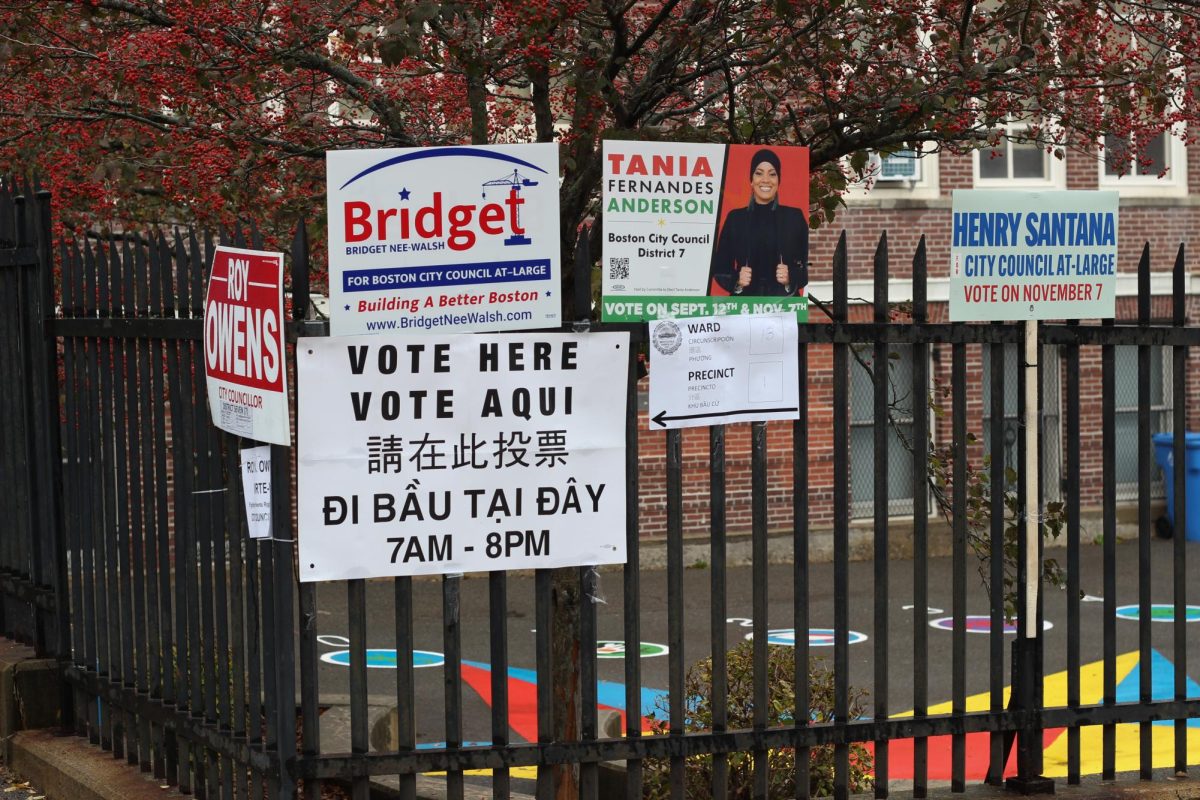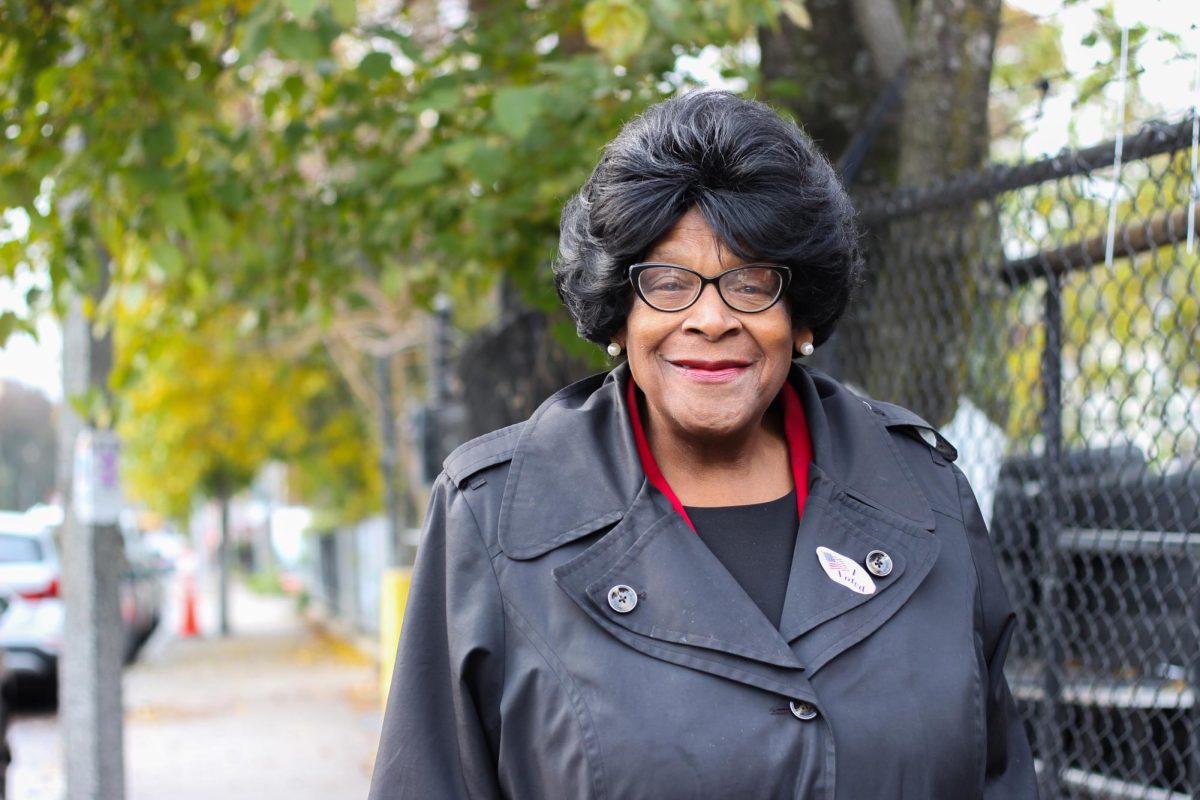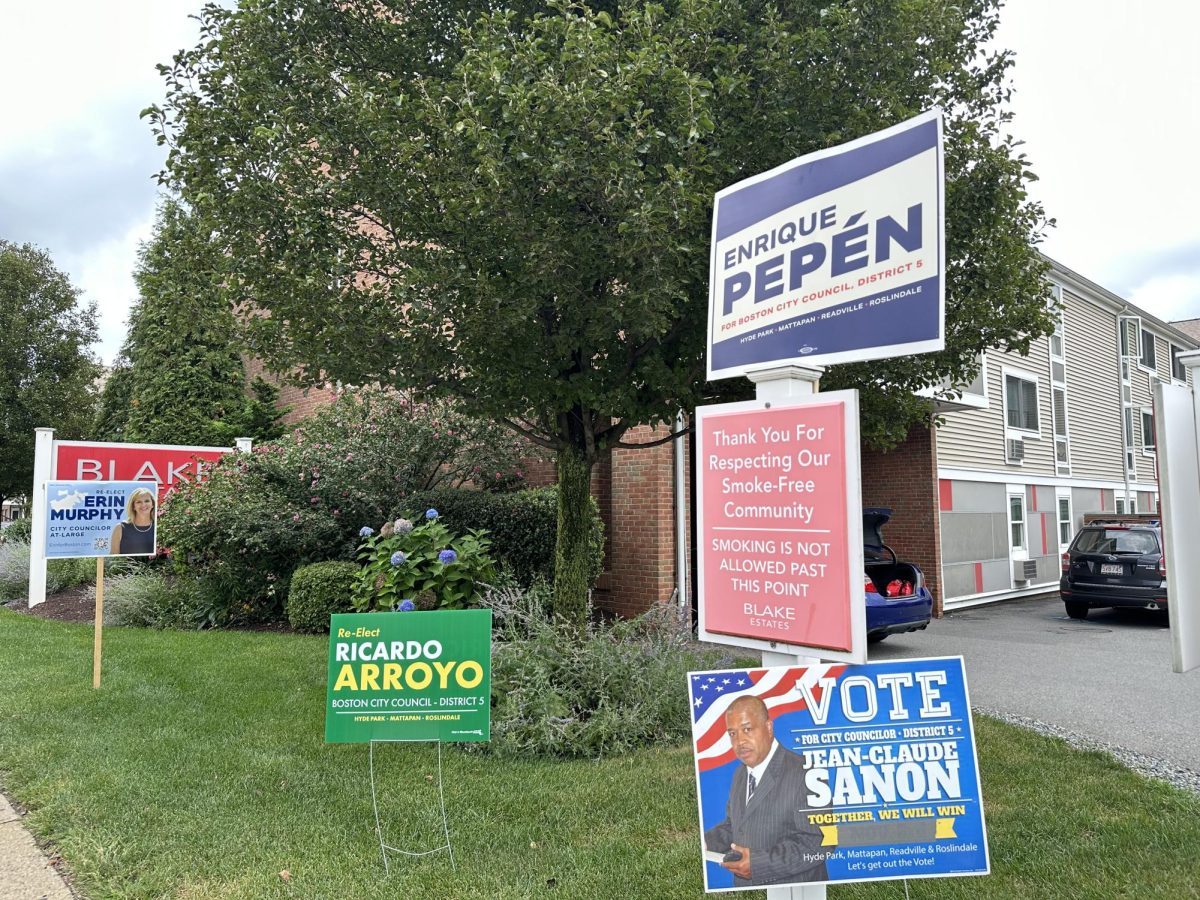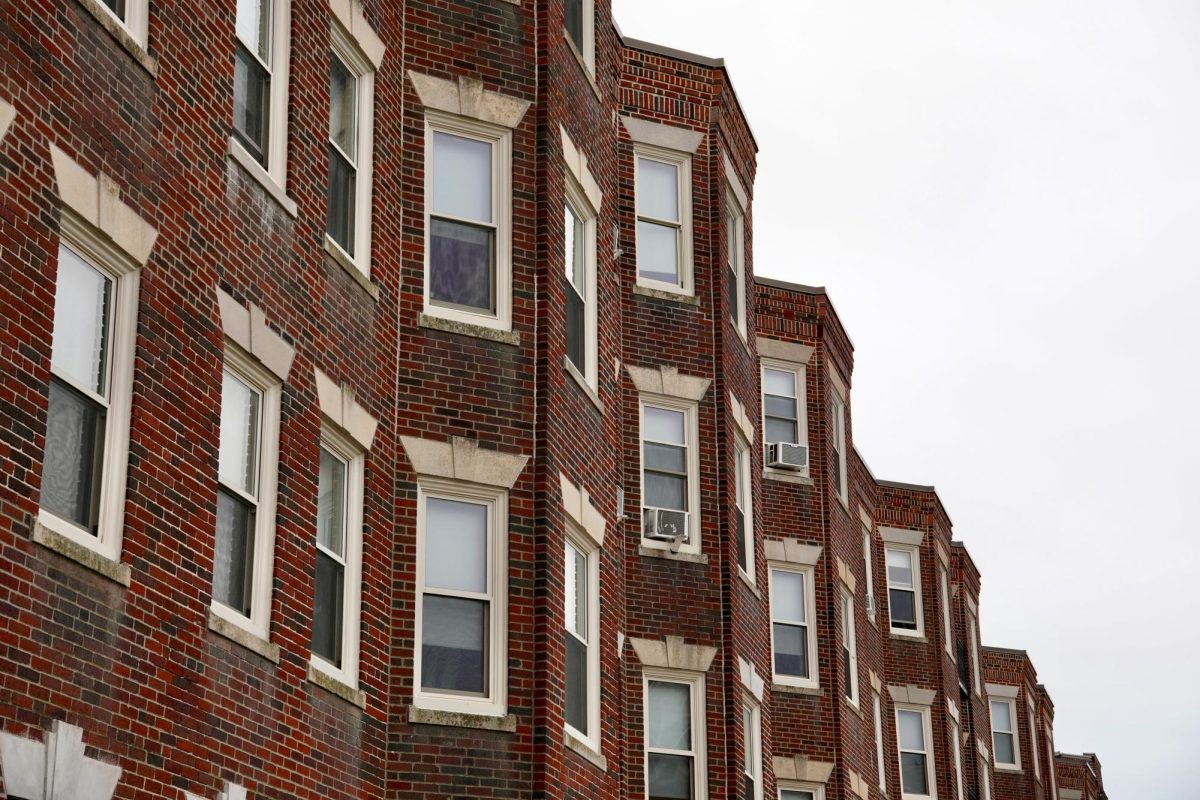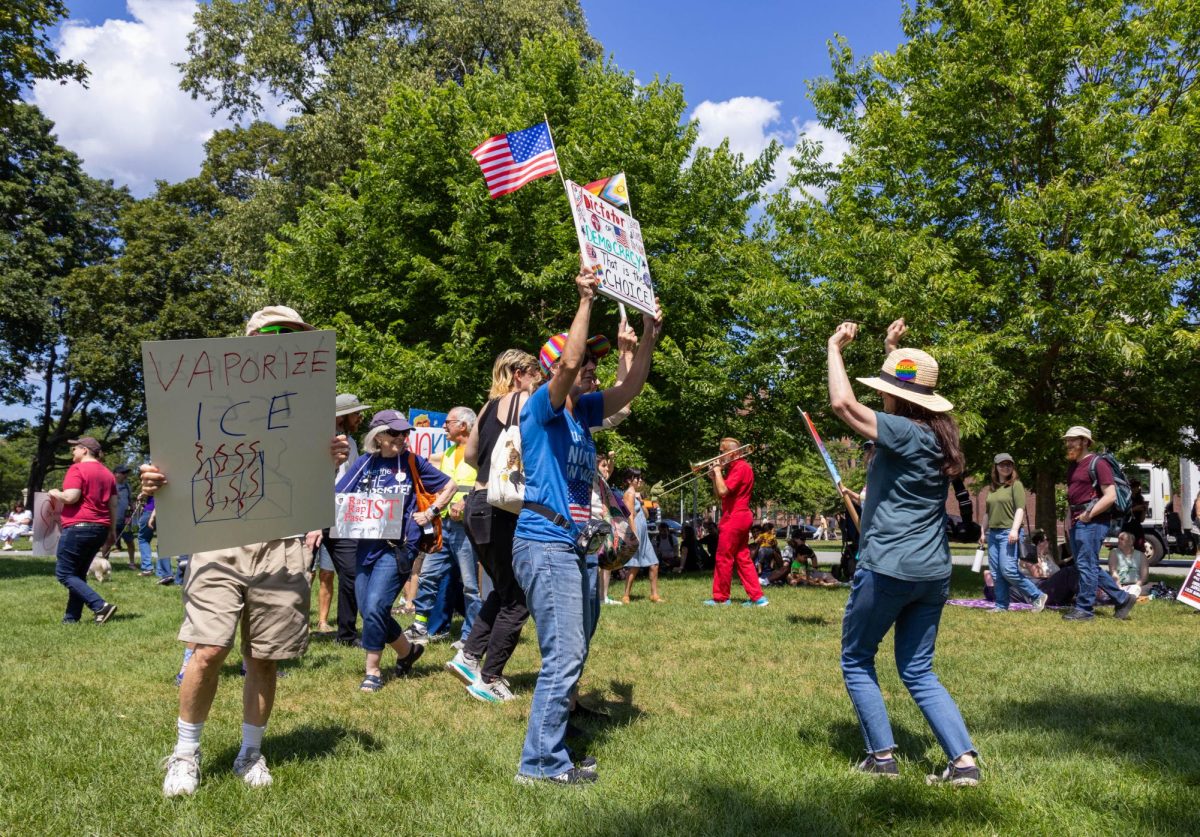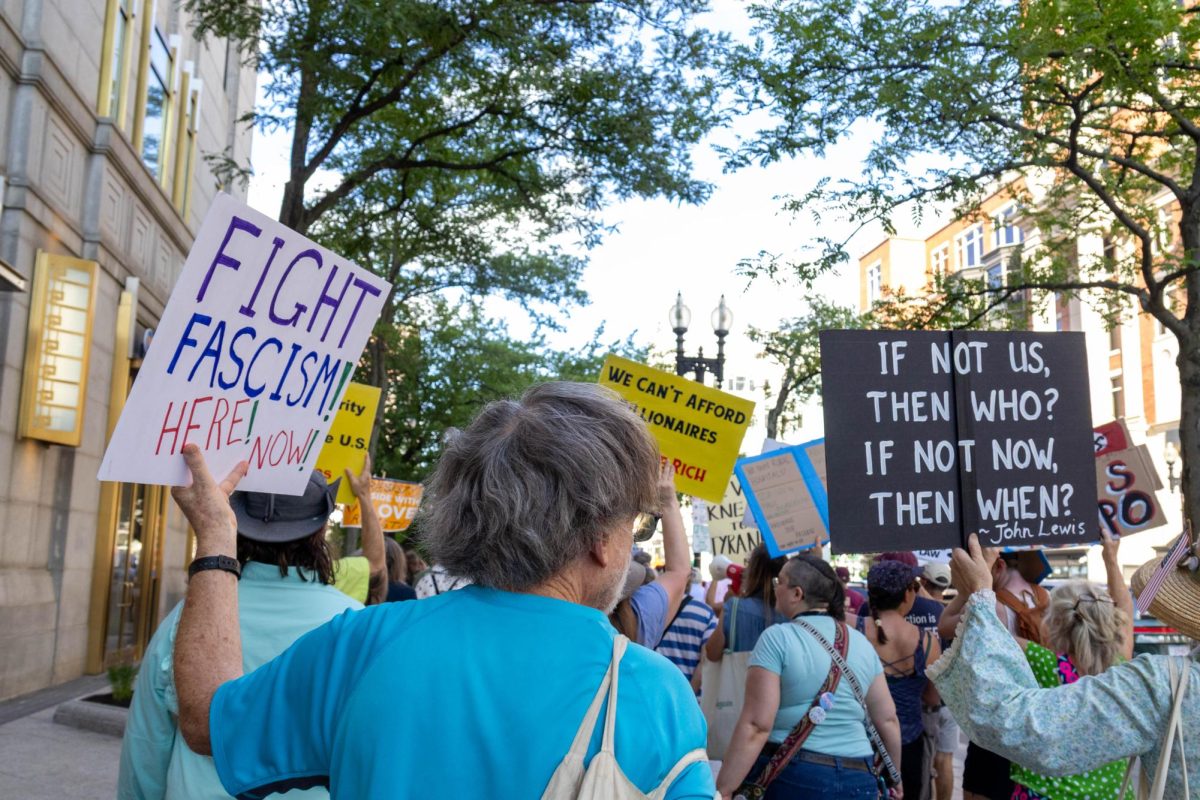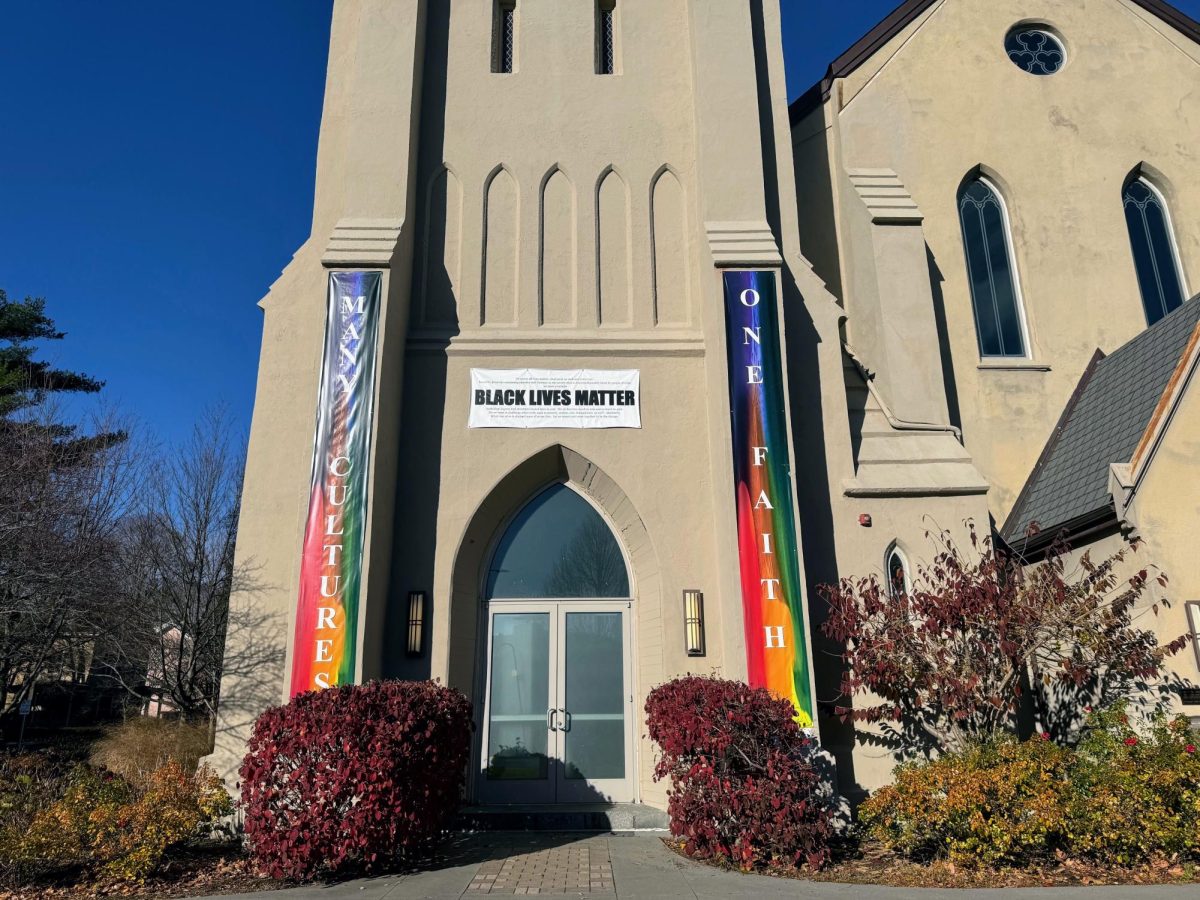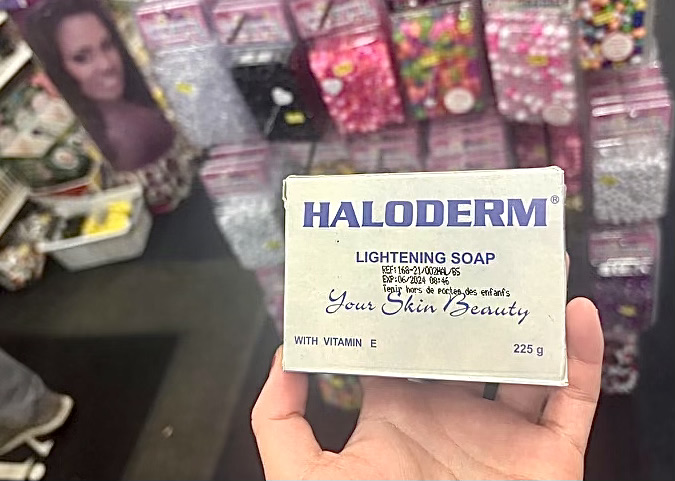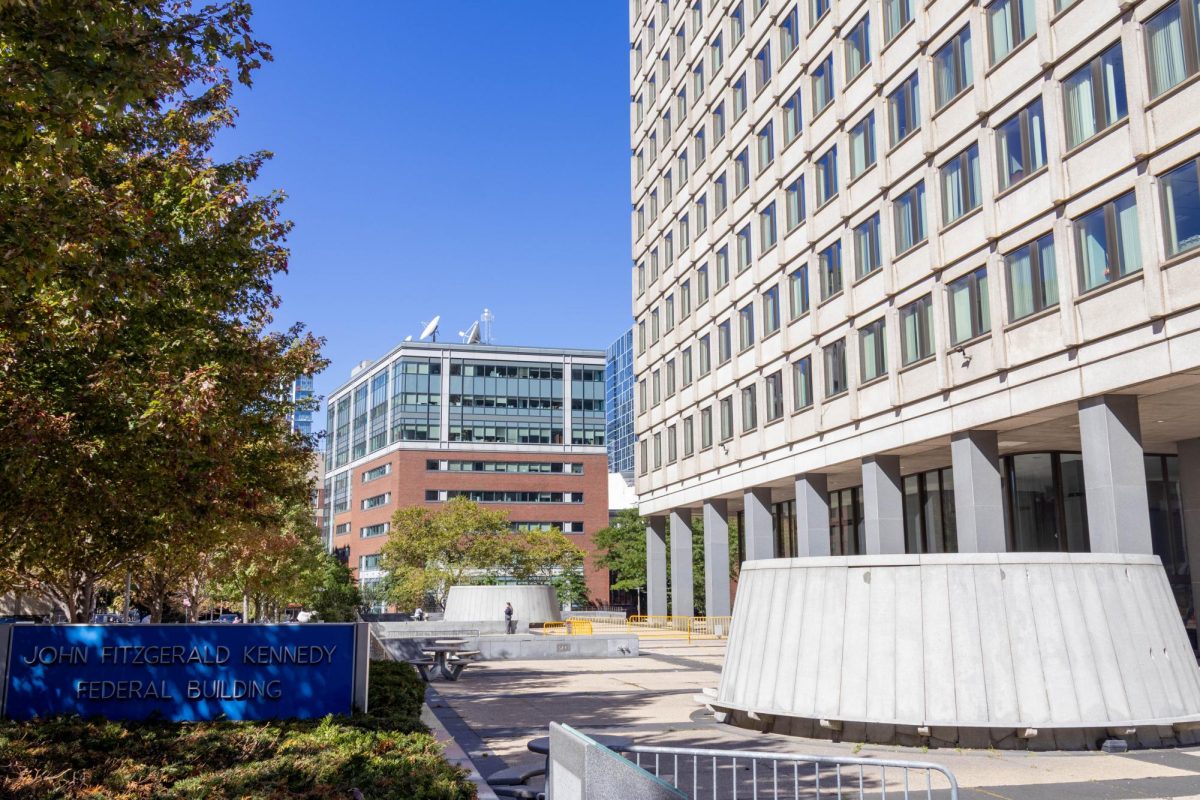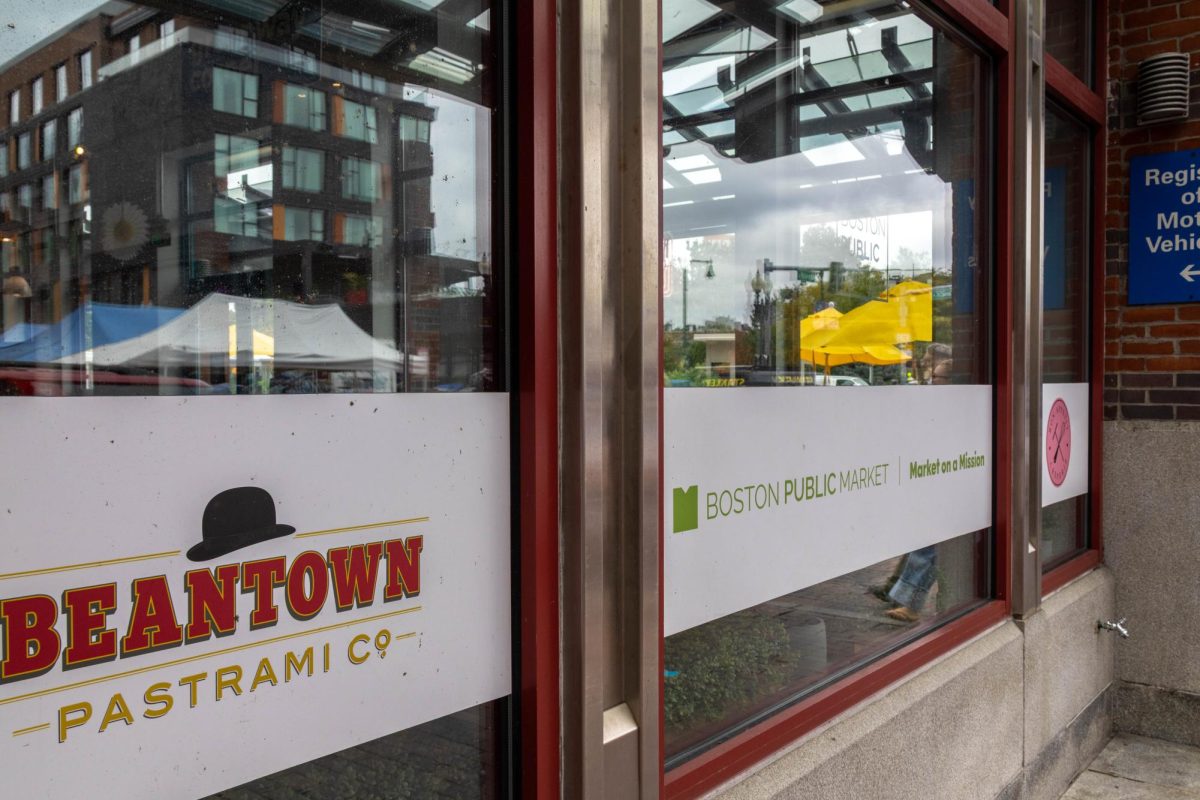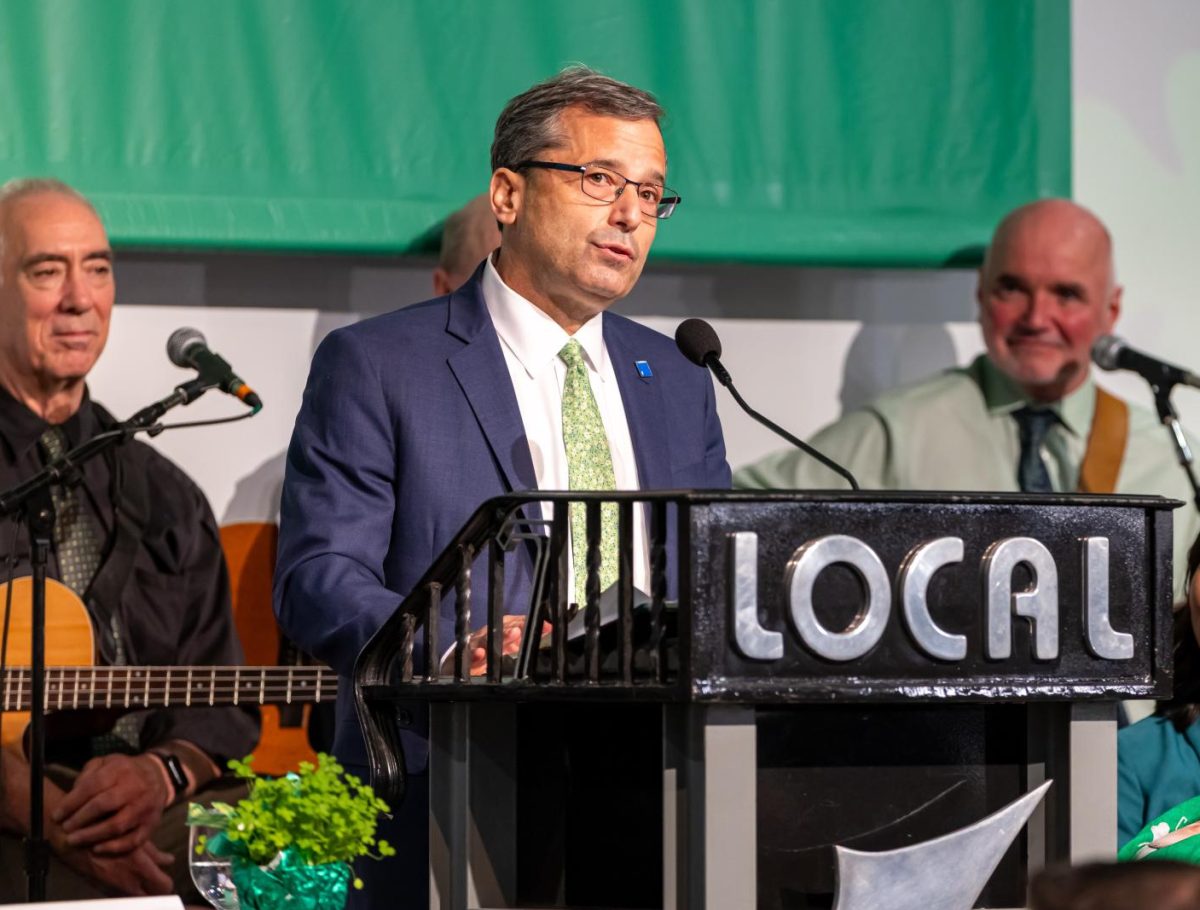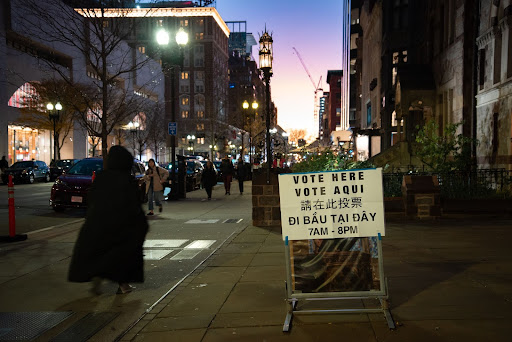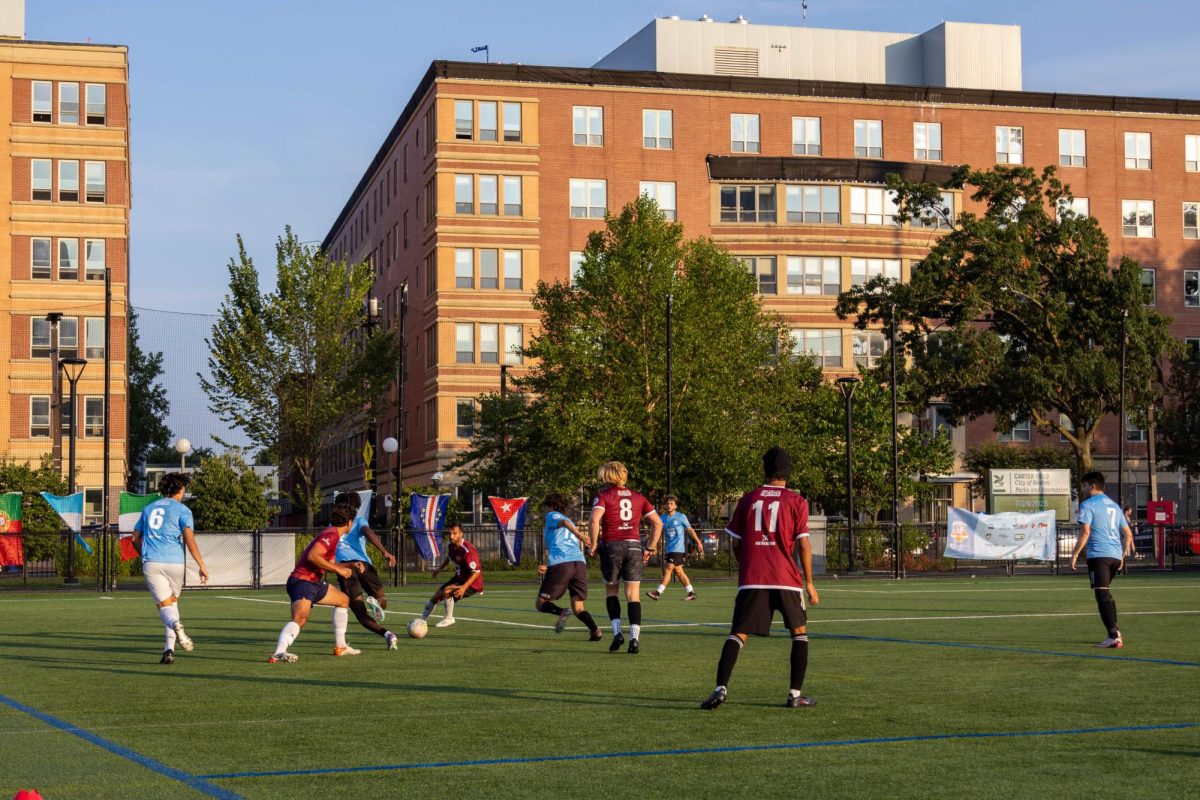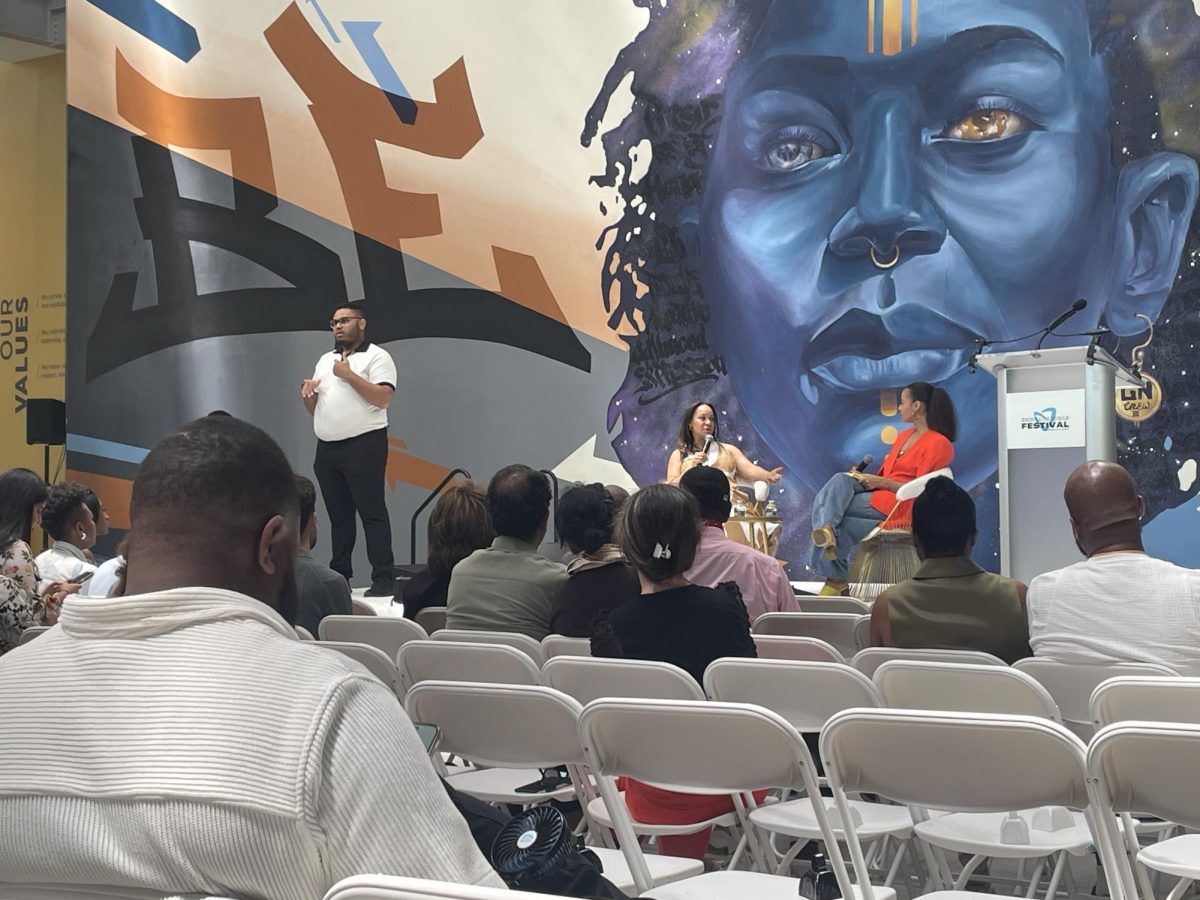Despite unseasonably warm weather and occasional sprinkles on Tuesday, Boston voters headed to their nearest polling stations to cast their ballots for City Council, motivated by issues of gentrification, housing and overall frustration with stagnant progress in the city.
This year’s election promises at least four new faces in Boston’s 13-member City Council. Councilor At-Large Michael Flaherty and District 3 Councilor Frank Baler both announced their decisions to not run for reelection this cycle. Additionally, Councilors Ricardo Arroyo from District 5 and Kendra Lara from District 6 both lost their seats in September’s preliminary election due to scandals, making this pair the first incumbents to lose in that race in 40 years.
Reporters for The Scope spoke to long-time and first-time voters in Dorchester, Chinatown, Jamaica Plain, Mattapan, Roxbury, West Roxbury and South End, among other neighborhoods, on their thoughts as they left the polling stations.
At polling stations across Jamaica Plain, residents convened to both vote and spread the word for their candidates. Common problems shared among them were inadequate educational facilities, tenant neglect and a lack of social services for the unhoused. But one issue was at the forefront: the gentrification of their community.
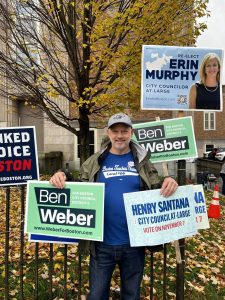
Erik Berg, a 55-year-old resident of Jamaica Plain, joined a small group of activists outside of Curley K-8 Elementary School. He encouraged those passing by to vote, and he expressed displeasure with the increasing housing prices caused by gentrification.
“People who are essentially rich can’t even live here,” said the vice president of the Boston Teachers Union. “Middle-class families working two decent jobs, our members – teachers in the city of Boston with master’s degrees – can’t afford to live in this neighborhood.”
Just a few blocks away at The Bowditch School, retiree Elizabeth Reed, who is “65 plus,” hopped off her bicycle before going inside to cast her vote. Reed, a resident of Jamaica Plain and former university administrator, also feels the sting of unaffordable housing.
She believes her local government is not listening to the community.
“Their development plans don’t have their longtime residents in mind,” Reed said. “We’re not wealthy people – maybe the new people moving here are – but that’s driving people out.” Reed, along with the other members of the Jamaica Plain community, want the councilors to listen.
Sal Giarratani, a 75-year-old former police officer, who retired 10 years ago and now works as a substitute teacher, hopes there will be more affordable housing programs for lower-income families.
“Most of the housing developments are for regular families, for people who have money, ” said Giarratani, “It is not helping lower-income families.”
The crisis at Massachusetts Avenue and Melnea Cass Boulevard also generated many concerns – especially from people who live in that neighborhood. The area around Mass. and Cass has become synonymous with tent encampments and the opioid epidemic. This past week, city officials cleared these encampments, moving some displaced people into temporary shelters.
Jenny Leopold, a South End resident for nine years, wants to see the root causes of homelessness and drug abuse addressed properly by the city.
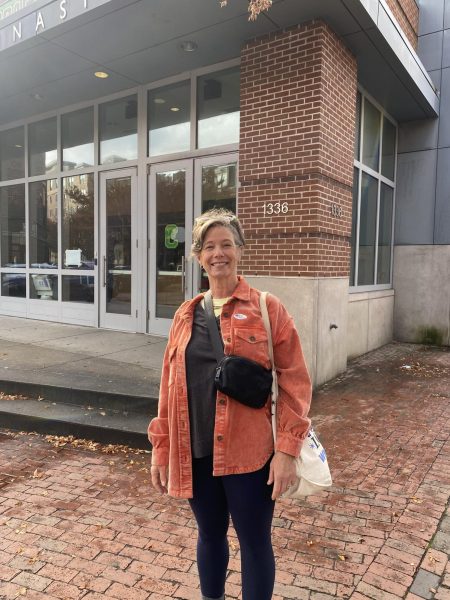
“It’s a bigger issue than just tents at Mass. and Cass,” said the 58-year-old yoga instructor and community volunteer. “Issues related to addiction deserve a lot more attention worldwide. It needs to be fully recognized as a disease and treated like that.”
Leopold added that Mayor Michelle Wu is handling the situation well thus far.
“I’ve seen a lot of backlash against her,” she said. “I trust that she’s done the work to figure out that this is the right decision.”
Leopold hopes the city continues to approach the situation with a progressive mindset, particularly when it comes to housing.
“I appreciate that, in removing the tents, there was an effort made to find placement for the people who were unhoused. But it’s bigger than that,” she said. “I see these office buildings that are sitting empty because nobody’s working in offices anymore, and I don’t understand why they can’t be transitioned into housing.”
Other concerns – such as rats – drove people to the polls.
Allston has been called “Rat City” due to a rat infestation problem. Avery Naperala, a frequent voter and Allston resident, found that her main concern was the dialogue surrounding these rodents. “I was just telling my partner that I recently came to appreciate the rats. Not that I think that they’re great, but I feel bad for them because I feel like they get a bad rep.”
Naperala, a 24-year-old environmental consultant, received a mailer from one of the candidates who hopes to address the hordes of pests. She said the mailer saddened her, although she admitted it was an interesting issue to take point on.
Although turnout is often low for non-mayoral elections, those who chose to vote took their civic duty seriously.
Rev. Willie Bodrick II, senior pastor of the historic Twelfth Baptist Church in Roxbury, encourages residents to vote in their local elections if they want to see change.
“I recognize that there’s folks who feel disenfranchised or may not feel as if politics and government has always responded to their needs,” said Bodrick. “But we continue to have hope that each and every day, we have an opportunity to change the community in the ways we think are best.”
This story was reported by: Noelia Arteaga, Omotoyosi Ajisafe, Aditi Bansal, Henry Bova, Jessie Castellano, Ian Dartley, Emma Klekotka, Elana Lane, Margo Liakos, Sanya Parikh, Alejandra Robles, Zhuoran Sun, Gray Timberlake, Heather Wang.


